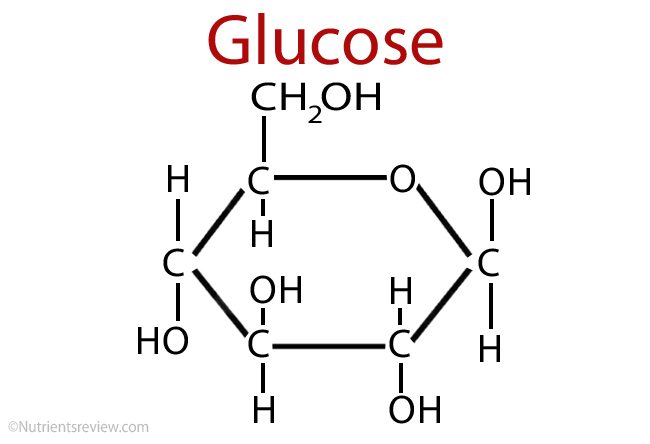
What Causes SIBO? – Carbohydrates
The dietary connections to dysbiosis and SIBO could be a large topic all on its own. I have entire books on the subject which are fascinating but for the purpose of this work once again we want to keep things fairly simple. Sugar is the cause of SIBO! Done …
Although this is partially true, there is a little more to it than that because sugar is actually a complex topic all on its own. You see not all sugars are created equal and when I mention sugar being the cause of SIBO I am not actually referring only to the “white death” or refined cane sugar that we are exposed to so frequently. Nor am I referring to the refined high fructose corn syrup that is highly subsidized by Western governments and found in all types of processed foods.
You see there is a very large group of sugars in our diet known as carbohydrates or “carbs” for short. Carbohydrates or “hydrates of carbon” refer to carbon based structures that are well hydrated, or have a lot of oxygen and hydrogen connected to them. Essentially carbohydrates are the compound building blocks of plants! So all plants are there for by default carbs.
So what makes carbs such a problem but also so essential in our diets! Well it really comes down to what flavour they are (or how many carbons they have and how these carbons are arranged), how they are put together or not put together (monosaccharides, disaccharides, oligosaccharides and polysaccharides) and what type of biochemical bonds are actually holding the sugars together. That’s it. 🙂
In simple terms carbs can be broken down into complex carbohydrates such as non-starchy vegetables and simple carbohydrates such as refined grains, sugars, and fruit extracts but also starchy carbohydrates like root vegetables, beans and unrefined grains. The complex carbs are typically the ones we want to focus on in a healthy diet but can also be a major contributor to SIBO as you will soon find out. Simple carbohydrates, refined carbohydrates and sugars are typically what we should limit in our diets, but in small amounts can actually be fine for some people battling SIBO.
This is why the topic of carbohydrates and SIBO is complex. The issue actually comes down to the individual and how well there digestive systems and absorption of nutrients works.
For example. If you are poor at digesting (breaking down) certain disaccharides like lactose in milk or oligosaccharides like raffinose in beans you are going to have problems with bacterial fermentation of these sugars that can result in SIBO, but certainly lead to the unpleasant symptoms people with lactose or raffinose intolerance produces. The song “beans, beans, the musical fruit” come to mind. Conversely, simple sugars like glucose and fructose are much more easily absorbed by our bodies and in small amounts are less likely to contribute to SIBO, albeit are not great for other health problems like metabolic diseases (diabetes, cancer, heart disease) as well as mental health issues, because of problems that can occur with low blood sugar.
Simple carbohydrate digestion does start in the mouth, as previously discussed, with the secretion of salivary amylase. Absorption of sugars can occur in the mouth, esophagus and upper parts of the stomach. The remainder and large majority of carbohydrate digestion continues in the small intestine. The pancreas is essential in carbohydrate digestion by producing large amounts of pancreatic amylase but true digestion of sugar occurs at the surface of the small intestinal lining. This is where damage from SIBO can really lead to problems of disaccharide intolerance, as the small intestinal lining can be weakened by the bacterial overgrowth impairing the breakdown of disaccharide sugars.
This is also where the individuality of starch digestion is a critical topic in the exploration of, and contribution to, SIBO, but in an effort to be as simple as possible a diet high in carbohydrates of all kinds can be a major contributing factor to the onset or continuation of symptoms that SIBO sufferers experience. So it is best to try and limit refined and starchy carbohydrates when possible, especially if SIBO is indicated.
You must be logged in to post a comment.